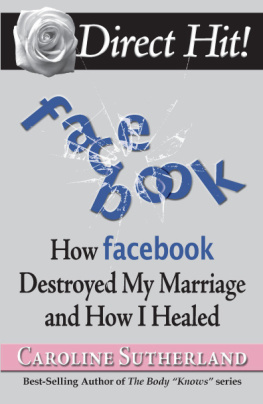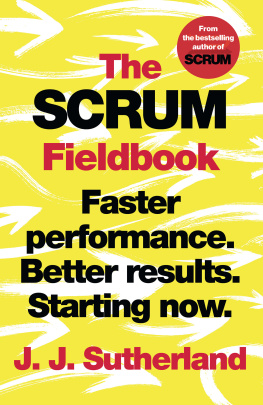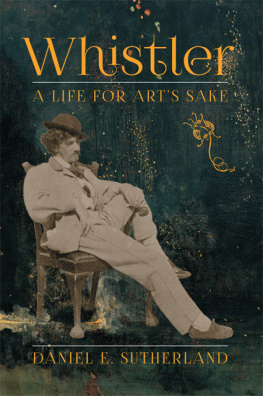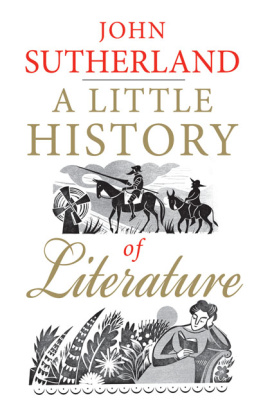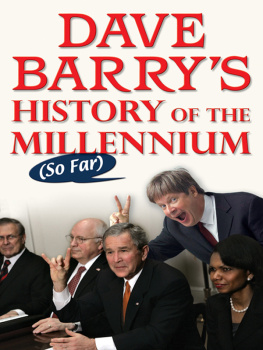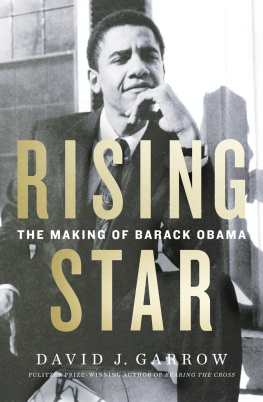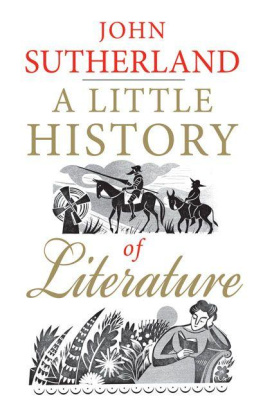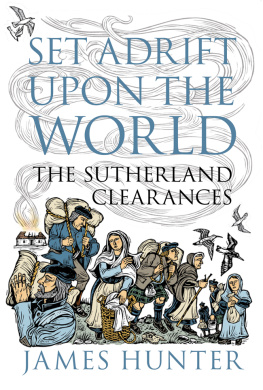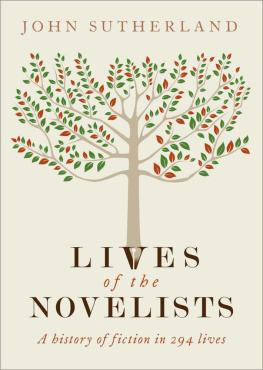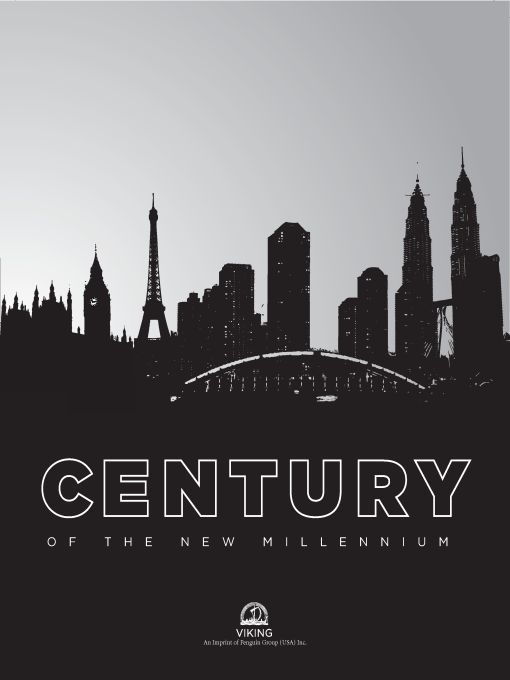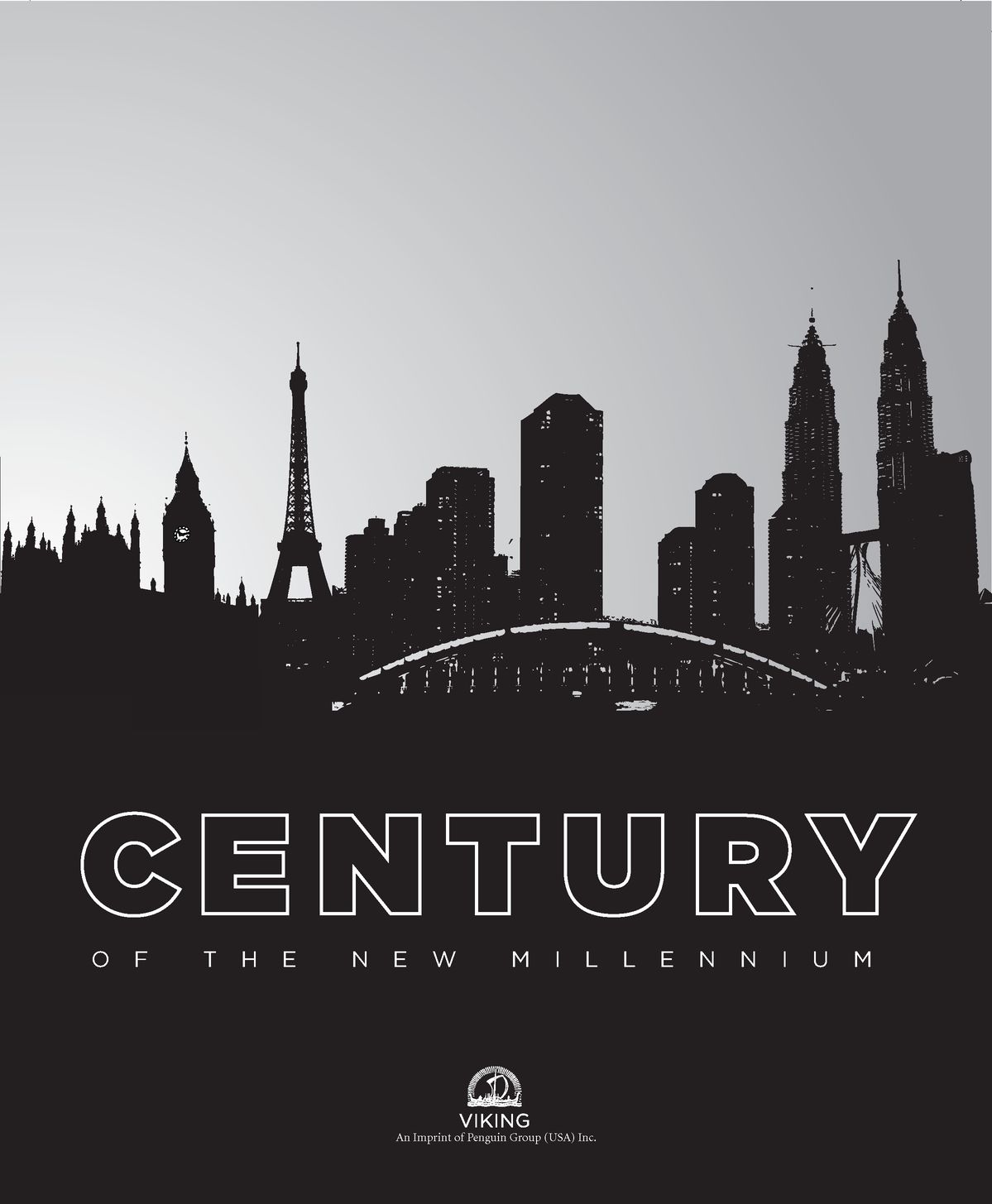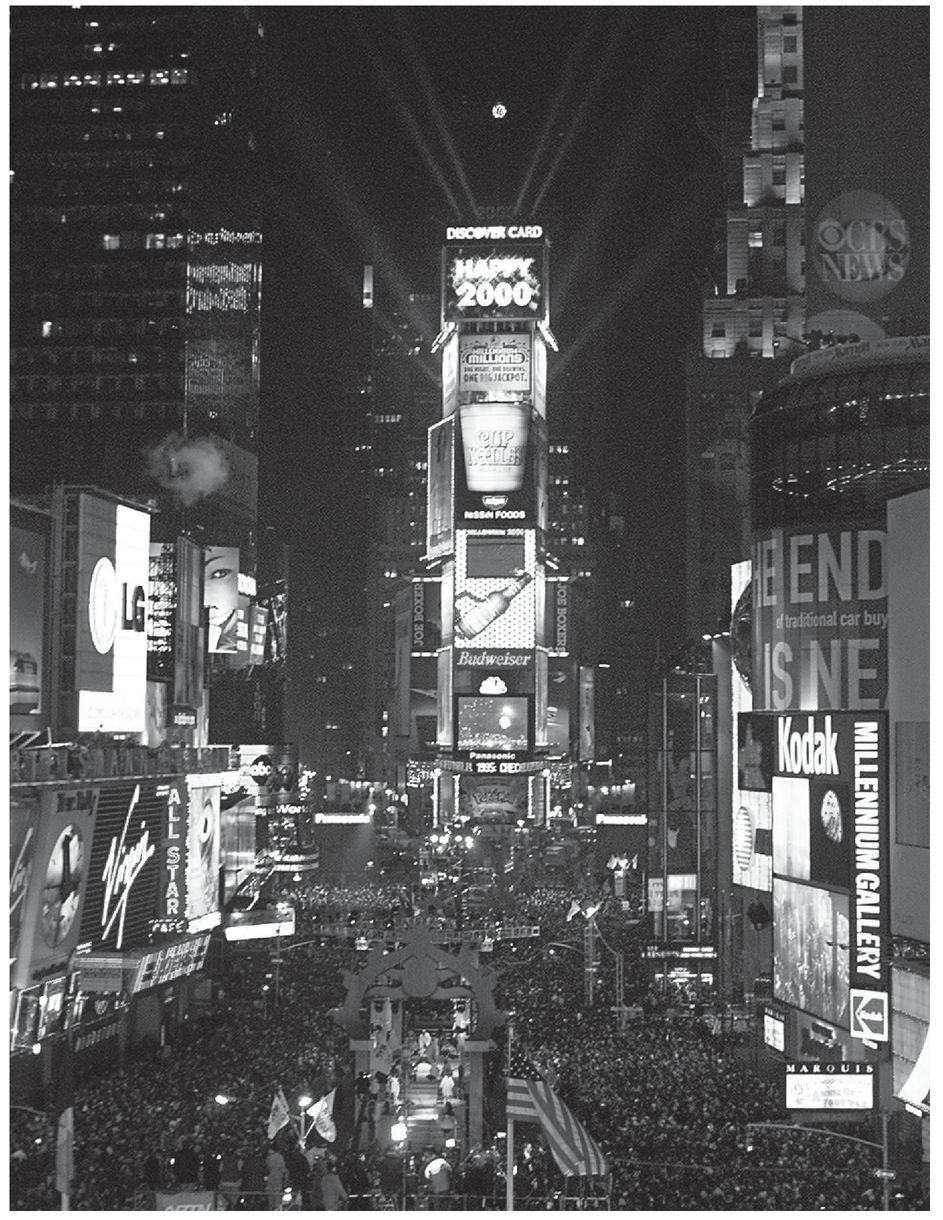Table of Contents
To my son.
Thank you for making my life richer. May your decades be even more fascinating than this one. Seize them with both hands, embrace them, and never stop learning.
On December 31, 1999, Americans and people from around the world gathered in Times Square to celebrate the new millennium, transforming the turn of the century into a wild party.
INTRODUCTION
May You Live in Interesting Times
EVER SINCE THE clock struck midnight and the calendar hit January 1, 2000, it feels like the world has been spinning a little faster. We live in a new era where historical events seem to be a weekly occurrence.
One author has called it The Age of the Unthinkable. In the Wall Street Journal, two historians dubbed the past decade the Ten-Year Century, arguing that changes that used to take generations now unfurl in a span of years. A big reason why is technology. Advances in computers and the rise of the Internet have made it much easier to share ideas with other people around the world. Cell phones were already widespread by 2000but iPods, smartphones, e-readers, and netbooks were all dreams. No one could friend people in other countries on Facebook; no one could freely collaborate by sharing knowledge on Wikipedia.
The biggest effect of this technology is a flood of information. All of this media amplifies the momentous events around us and shapes how we understand them. In fact, this deluge may be one reason why the decade feels so historic. On one hand, the speedy flow of information allows people to react more quickly to eventsnews sparks more news. On the other hand, all that media noise can make things seem more significant than they really are. Certainly there have been historic decades in the past, but most people werent eyewitnesses to that history, watching events unfold on TV or the Internet.
A few decades ago, finding information was a challengemost Americans were exposed to only a handful of TV news programs, a local newspaper, and maybe a national news magazine. Anything not found there required a trip to the library, and even that would only yield so much information.
Today, filtering out what is important and what is accurate from the barrage of information is the real challenge. And what you choose to pay attention to helps define who you are. Americans today can get their news from only media outlets they agree with, reinforcing their own political views and shielding themselves from exposure to any other views.
The rise of technology has helped create new prosperity, and the spread of ideas and relationships across borders has drawn many people all over the world closer than ever before. Theres a greater sense of community on this planet now.
At the same time, it has accentuated differences. As people grow more interconnected, they feel a need to stress the things that make them distinctivetheir ethnicity, nationality, or religion. Those contrasts can lead to tension and conflict.
This book explains key moments of the last ten years and how they have transformed both America and the planetcall it a road map for understanding our ten-year century. Obviously its incomplete. For one thing, its written from an American viewpoint at a time when global perspective is growing ever more important. Its also a snapshotwe wont fully understand the momentousness of our times for years to come. Some events that seem important to us now will soon be forgottenand events that receive little attention now will be viewed as historic later.
But I hope this book illuminates some of the themes that have shaped our times. After all, understanding the last ten years will influence how we approach the next ten. And the planet is not showing any signs of slowing down.
PROLOGUE
Hope and Fear
PARTY LIKE ITS 1999
PEOPLE SHOWED UP early for the new century. In New York Citys Times Square, a small group of hardy souls camped out days in advance with sleeping bags to have prime spots for the biggest New Years Eve party in historythe last day of 1999.
It was to be a global celebration. Countries on every continent had planned lavish events, marking the moment the clock struck midnight in each of the worlds time zones. But New York City was the heart of the party, and the city reveled in it. The organizers of the celebration there titled it Times Square 2000: The Global Celebration at the Crossroads of the World.
Crowds started arriving at 6 A.M. on December 31. That was the time the clock hit midnight, January 1, 2000, in the earliest time zone on earth, in the middle of the Pacific Ocean. As the day went on, giant video screens showed festivities in each time zone. In between, more than one thousand musicians, actors, dancers, and puppeteers performed, saluting cultures from around the world. It was a twenty-four-hour, 7-million-dollar marathon of music, fireworks, and confetti.
It felt like most people on the planet wanted to cheer the occasion, to enjoy a time in history when more regions of the world were enjoying peace and prosperity than ever before. Of course the world still faced huge problems, but for many people, this night felt like a celebration. In America, it was a time when the biggest concern on anyones mind appeared to be whether a computer bug would cause widespread havoc.
There was hope and fear in the air. Hope, because the world seemed to be entering a new age when people could exchange ideas faster than ever, thanks to new technologies like the Internet. Globalizationthe phenomenon of increased trade and communication between countriesseemed to be creating new prosperity in many parts of the world. New economic powerhouses, such as India and China, were developing rapidly.
At the same time, the world seemed threatened by new dangers. Terrorism had globalized, too. It had become easier for a few individuals with radical ideas to share knowledge and work together to kill large numbers of people in horrifying attacks. A fresh reminder of this had come two months before the millennium celebrations, when Jordanian intelligence agents had arrested terrorists from a global organization called al Qaeda who were plotting to attack four sites in Jordan that were popular with American tourists, sometime around New Years Eve.
U.S. intelligence and law enforcement agencies went on high alert, looking for signs that terrorists, possibly from al Qaeda, might try to attack America, too. They got a lucky break. Border authorities stopped an Algerian man trying to cross the U.S.-Canada border in Washington State, who panicked when questioned and tried to run. They arrested him and found a large supply of explosives in his car trunk. Ahmed Ressam was loosely affiliated with al Qaeda and had developed a plot to detonate a powerful bomb at Los Angeles International Airport on New Years Eve.
Prosperity, technology, improved communications, nationalism, religious extremism, terrorismall these factors had increased during the late nineties, and they would all play major roles in the coming decade. Globalization promised to bring the people on this planet closer than ever. It also had the potential to allow a few individuals to kill and terrorize people in greater numbers than ever before. This was the hope and fear.



